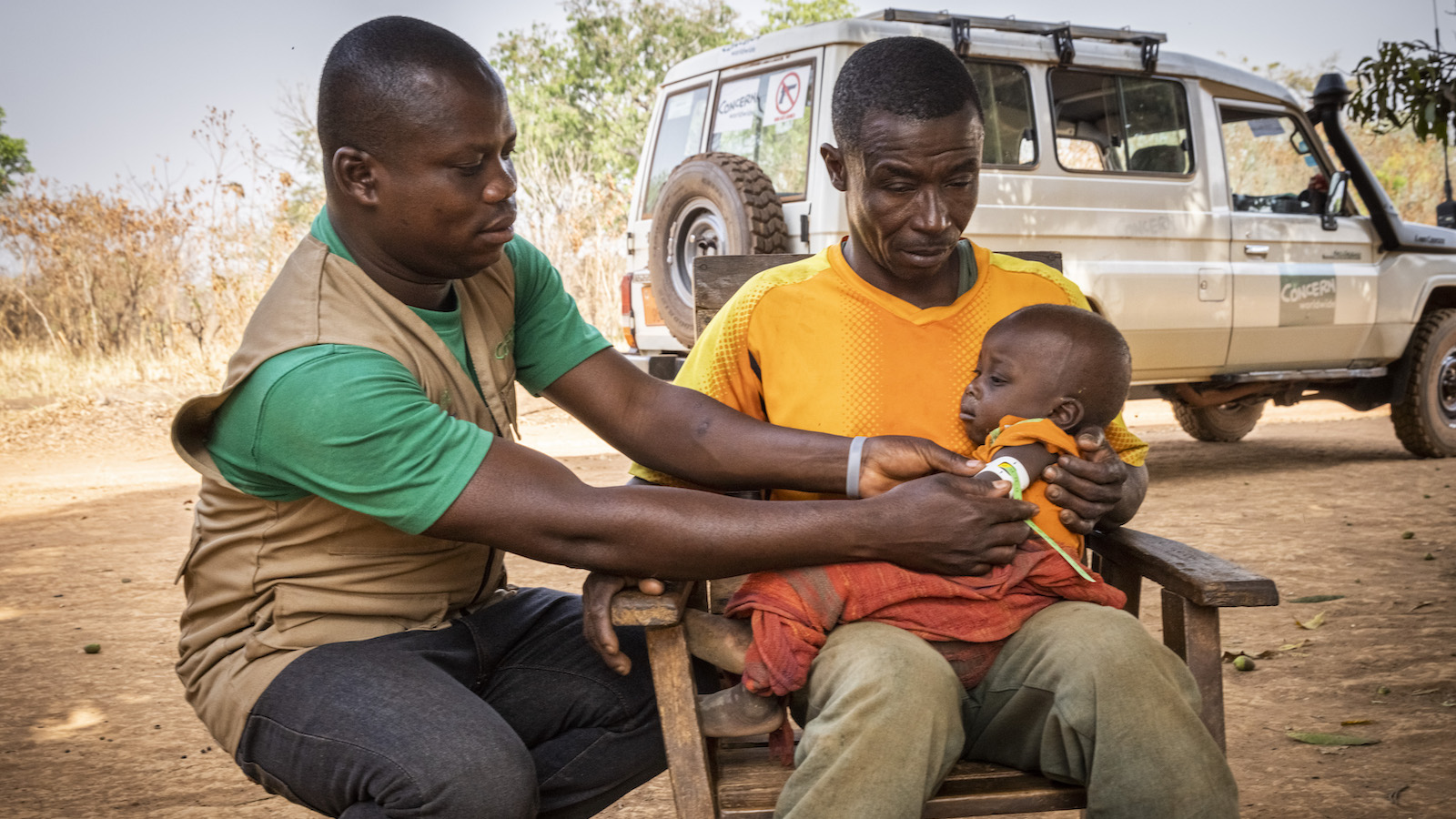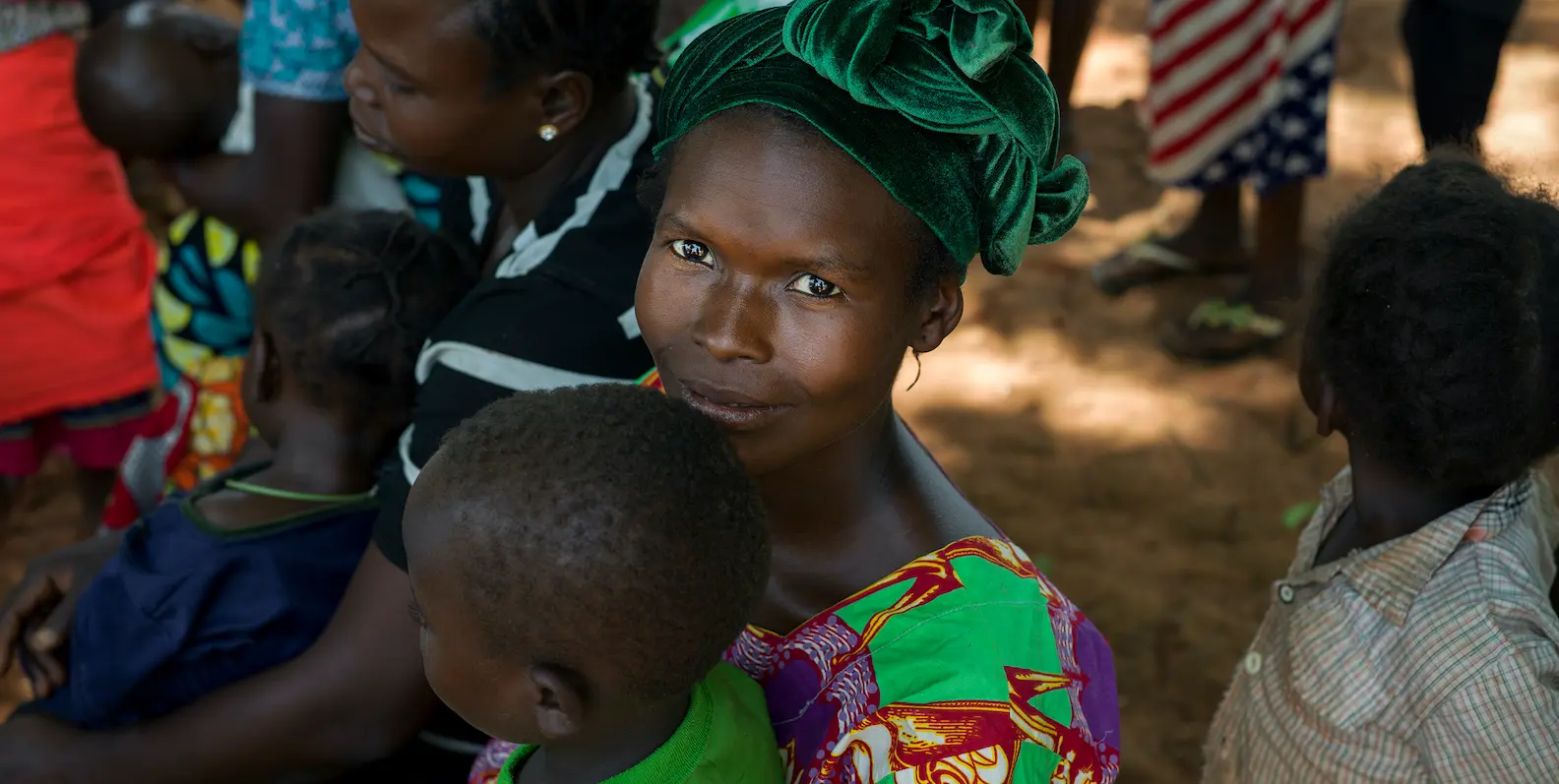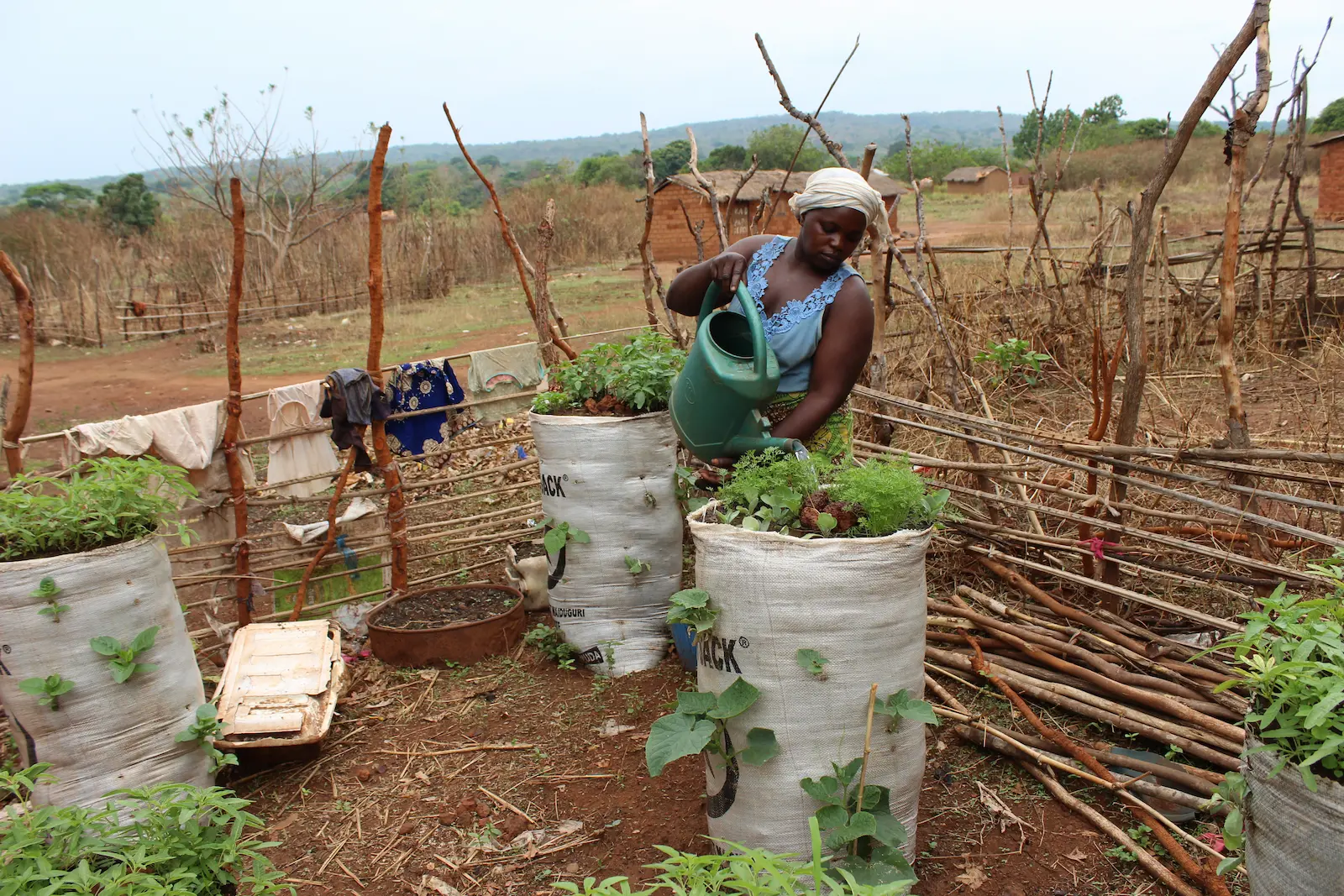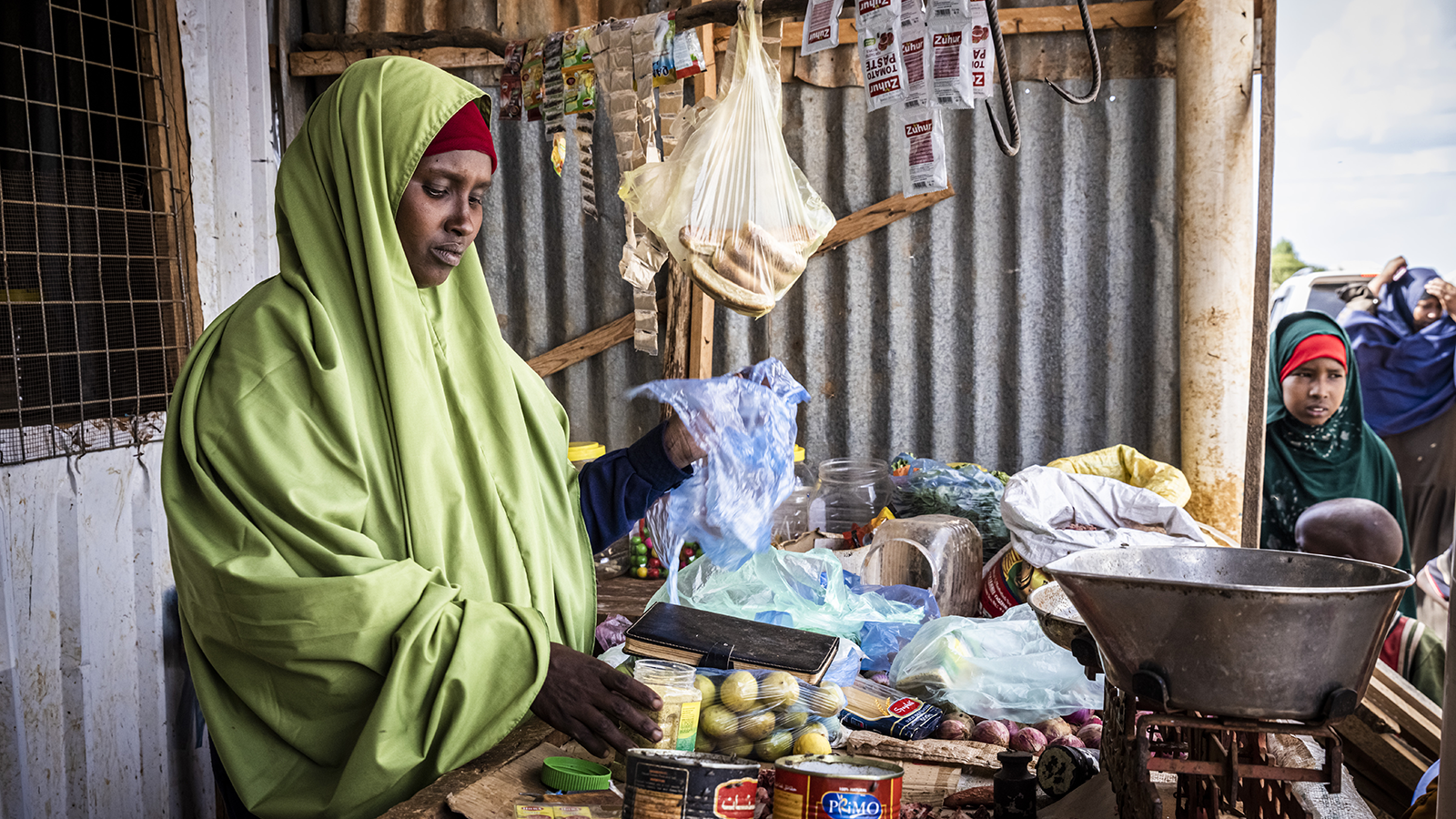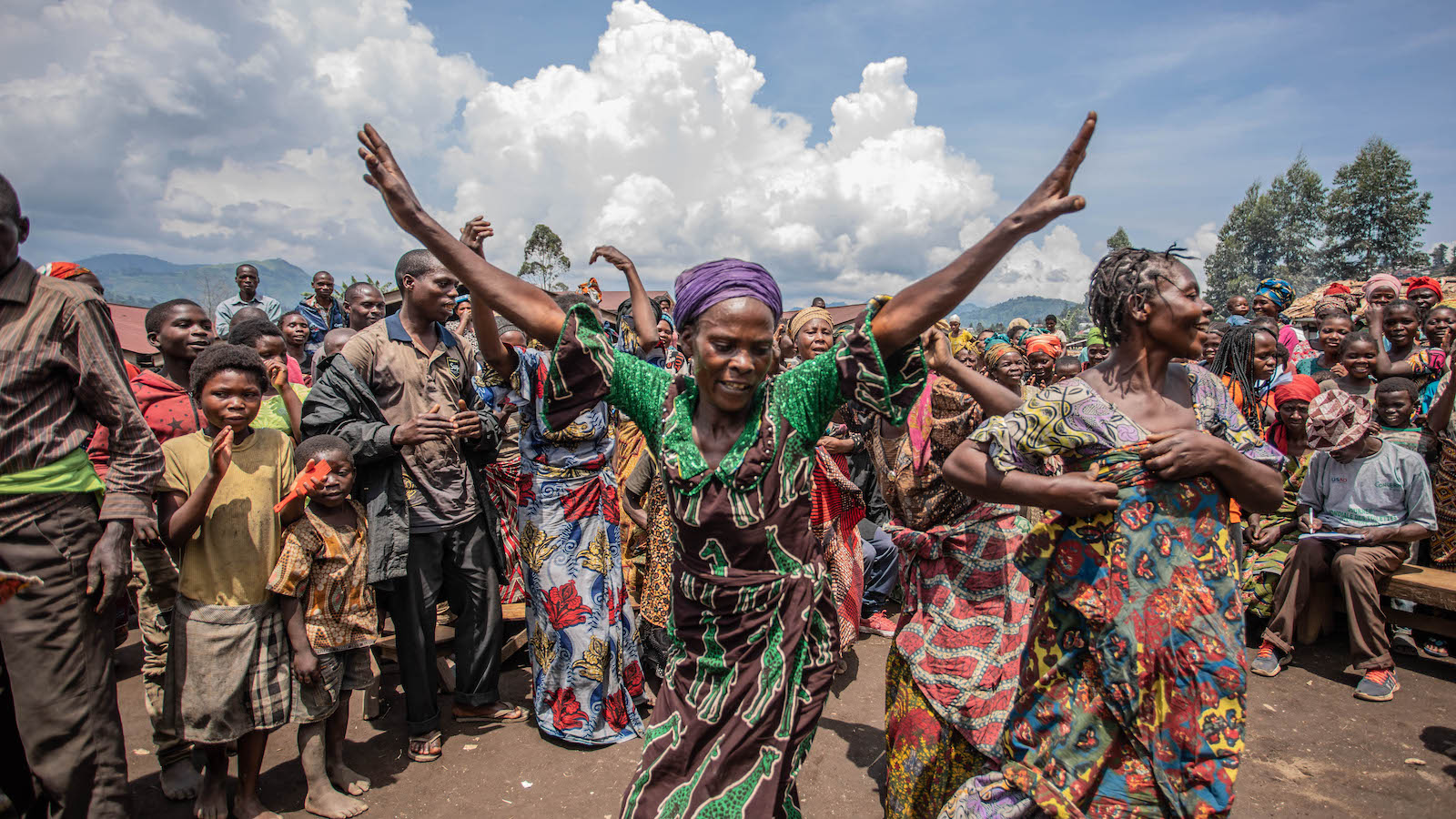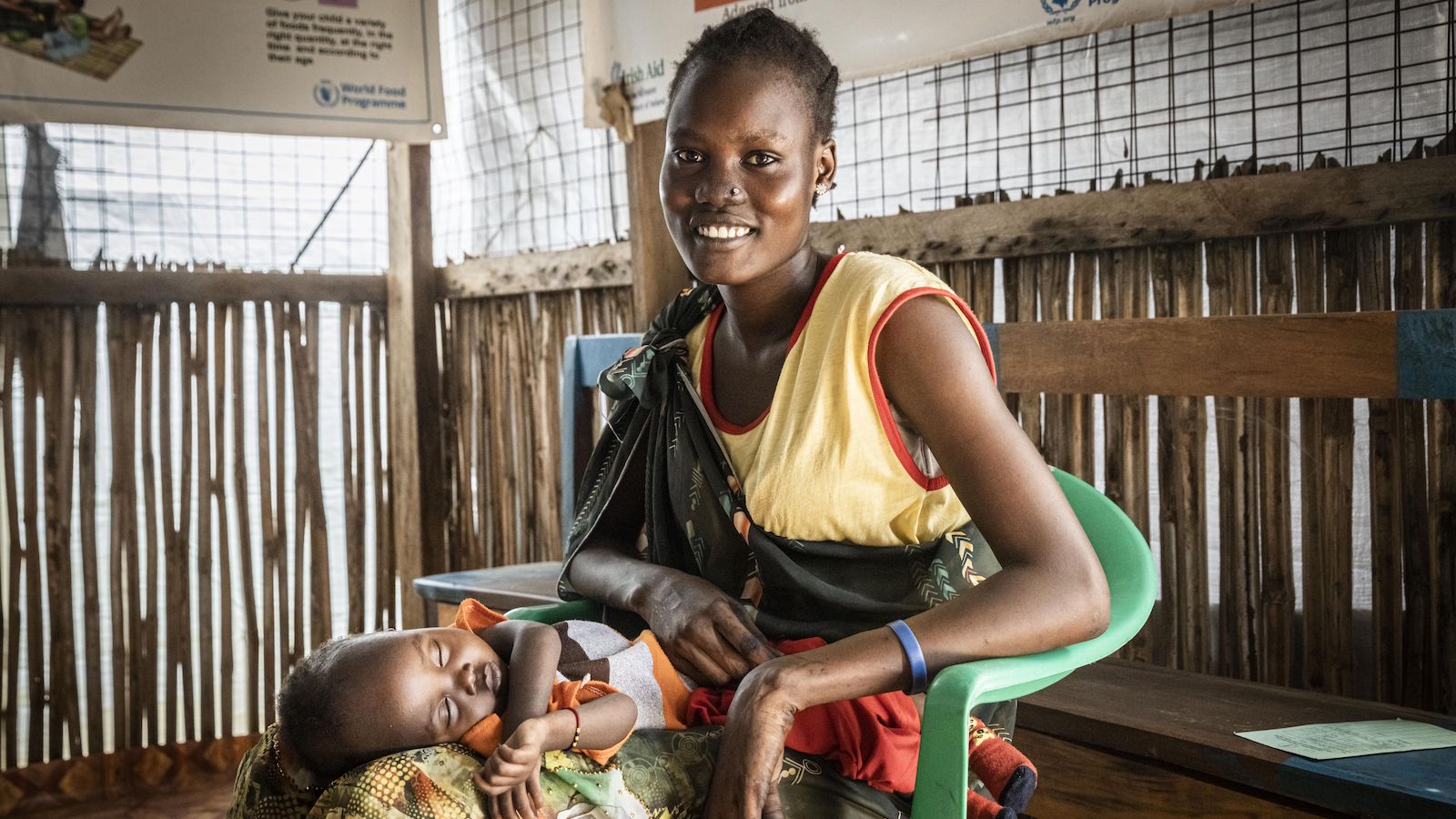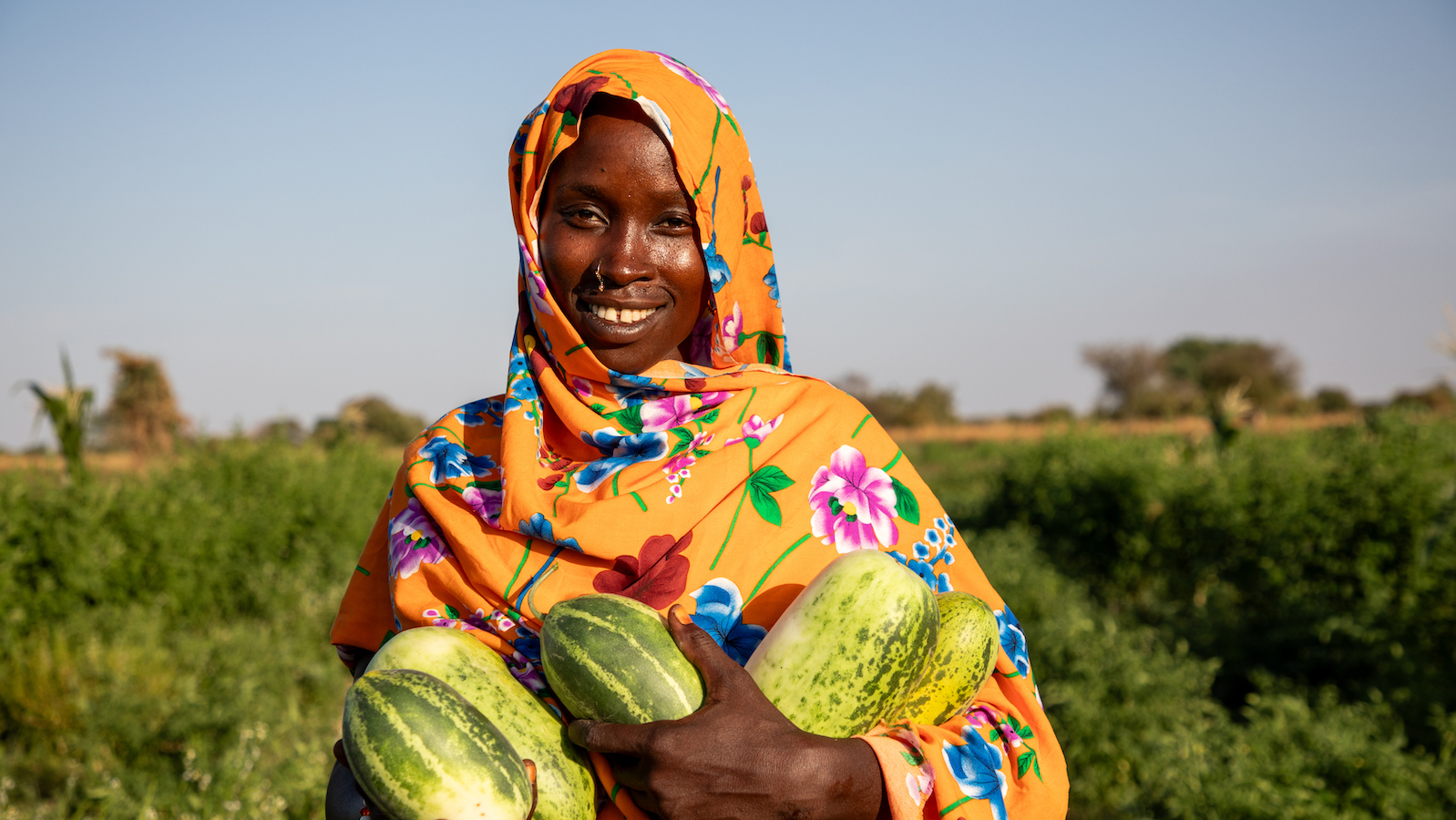Country stats
- Capital: Bangui
- Population: 6.1 million
- People requiring humanitarian aid: 2.8 million
Concern’s response
- CAR program launched: 2014
- Program areas: Emergency Response, Gender Equality, Health & Nutrition, WASH
Why are we in the Central African Republic?
For more than a decade, the Central African Republic has faced bouts of sectarian violence that have displaced approximately 1 in 4 civilians, left nearly half the population in need of humanitarian assistance, and placed roughly one-third of Central Africans in an ongoing hunger crisis.
The Central African Republic is consistently one of the world’s hungriest countries
After several waves of conflict in the past two decades and the latest conflict losing intensity after 2021, the Central African Republic has still not been able to enjoy the dividends of peace. Ongoing fighting between government and non-government forces leaves 46% of residents so vulnerable that “humanitarian assistance alone will not be sufficient for their well-being,” according to the United Nations Office for Coordination of Humanitarian Affairs. Nearly 70% of the country’s population lives below the international poverty line.
One of the greatest impacts of this crisis in CAR has been on hunger levels. The 2023 Global Hunger Index placed the country as the world’s “hungriest,” ranking it last out of 125 countries. The Integrated Food Security Phase Classification (IPC)’s outlook for the beginning of 2024 indicates that approximately 2 million Central Africans (33% of the population) will be at either crisis or emergency levels of food insecurity.
Concern is addressing these needs in CAR with programs focused on food security, health and nutrition, and other key conflict-driven needs including water, sanitation, and hygiene (WASH) and gender equality.
Latest achievements
Water, sanitation, and hygiene (WASH)
In partnership with the Direction Régionale des Ressources Hydrauliques, we supported four villages to reduce waterborne illnesses through the construction of latrines. Between July and September of 2023, 450 families built their own latrines.
Community health
In 2023, we trained 18 community members elected across four villages in community outreach skills. The goal was to build better habits around hygiene, water use, and nutrition. Over three months, these leaders undertook a series of “door-to-door” and mass awareness-raising sessions, collectively reaching over 11,500 people.
Agriculture
We’re currently working with 500 families across ten villages on a program designed to improve harvest yields and promote dietary diversification. In addition to supplies, families have received multiple seed distributions since November 2023, including amaranth, spinach, groundnut, corn, cabbage, cucumber, lettuce, okra, and tomato.
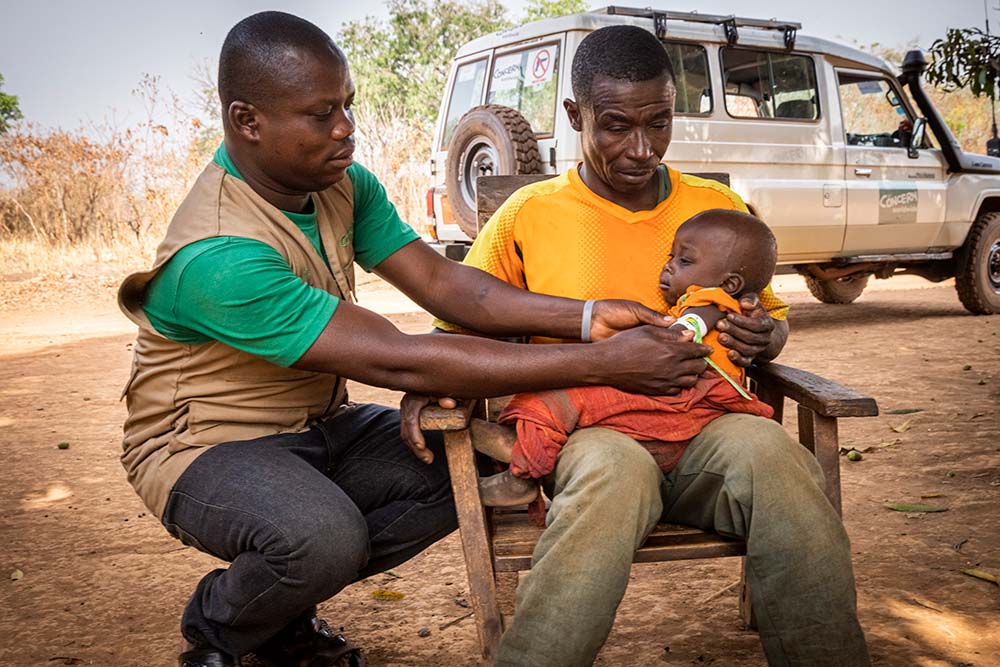
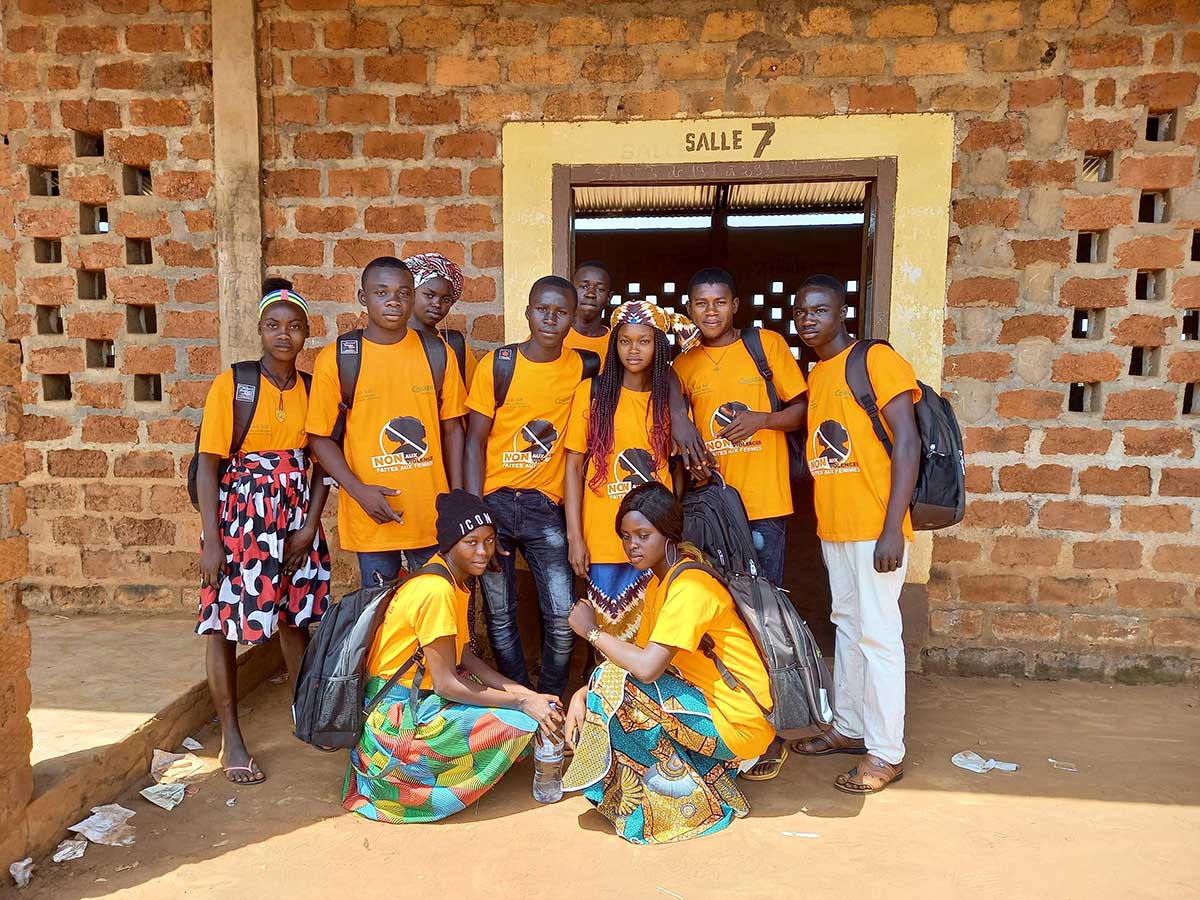
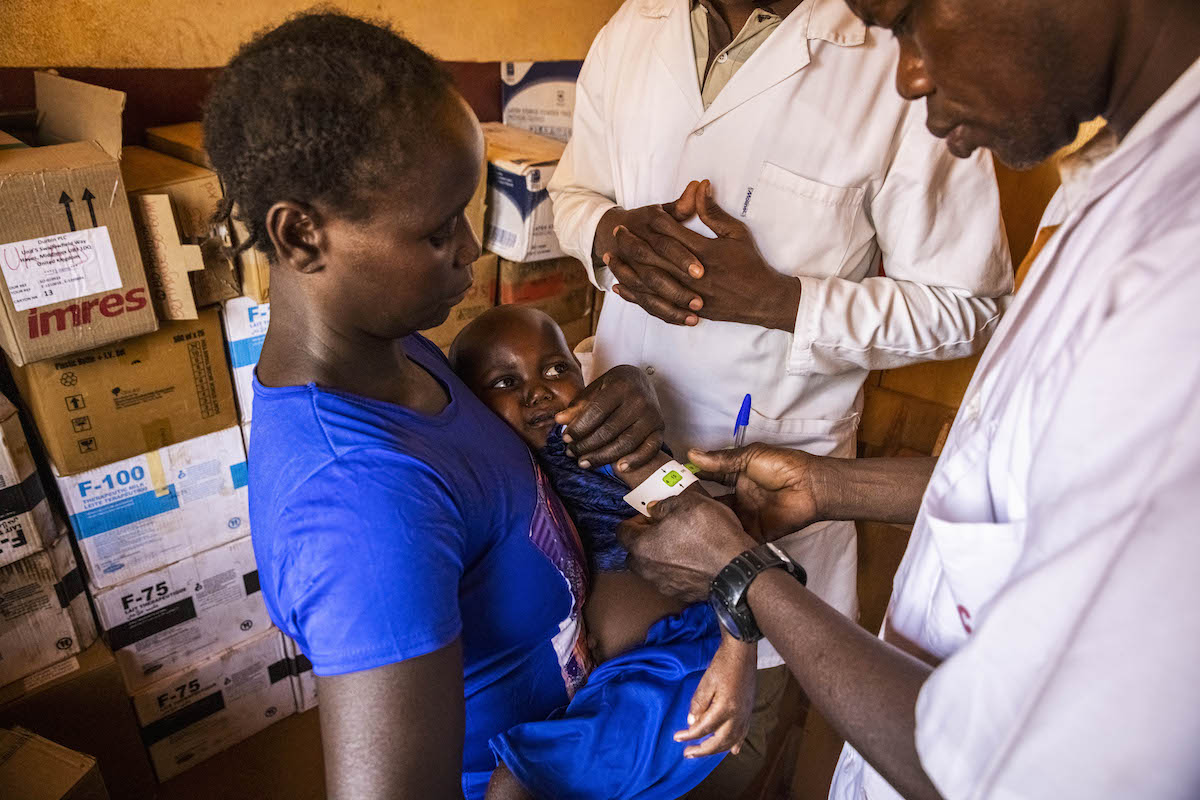
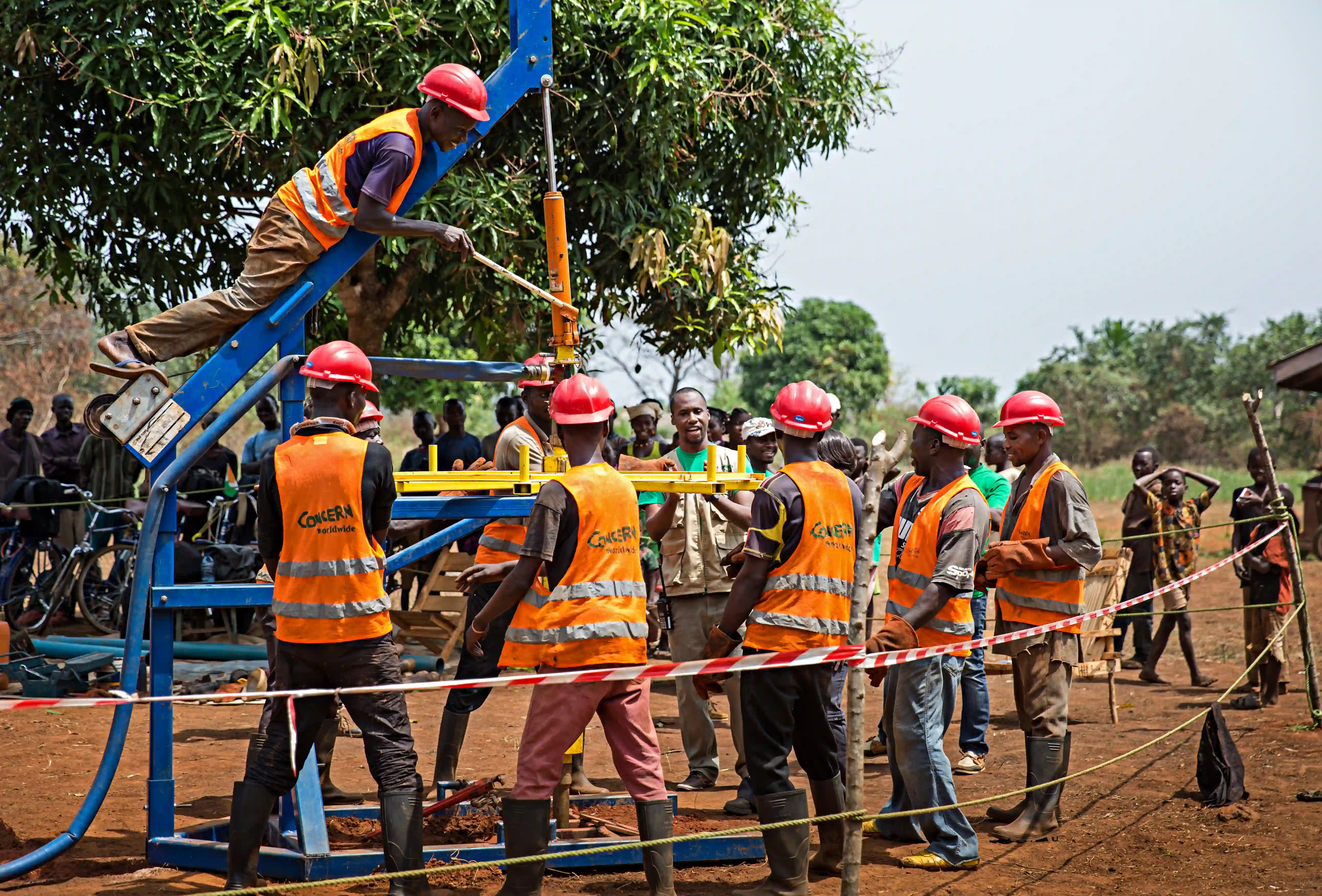
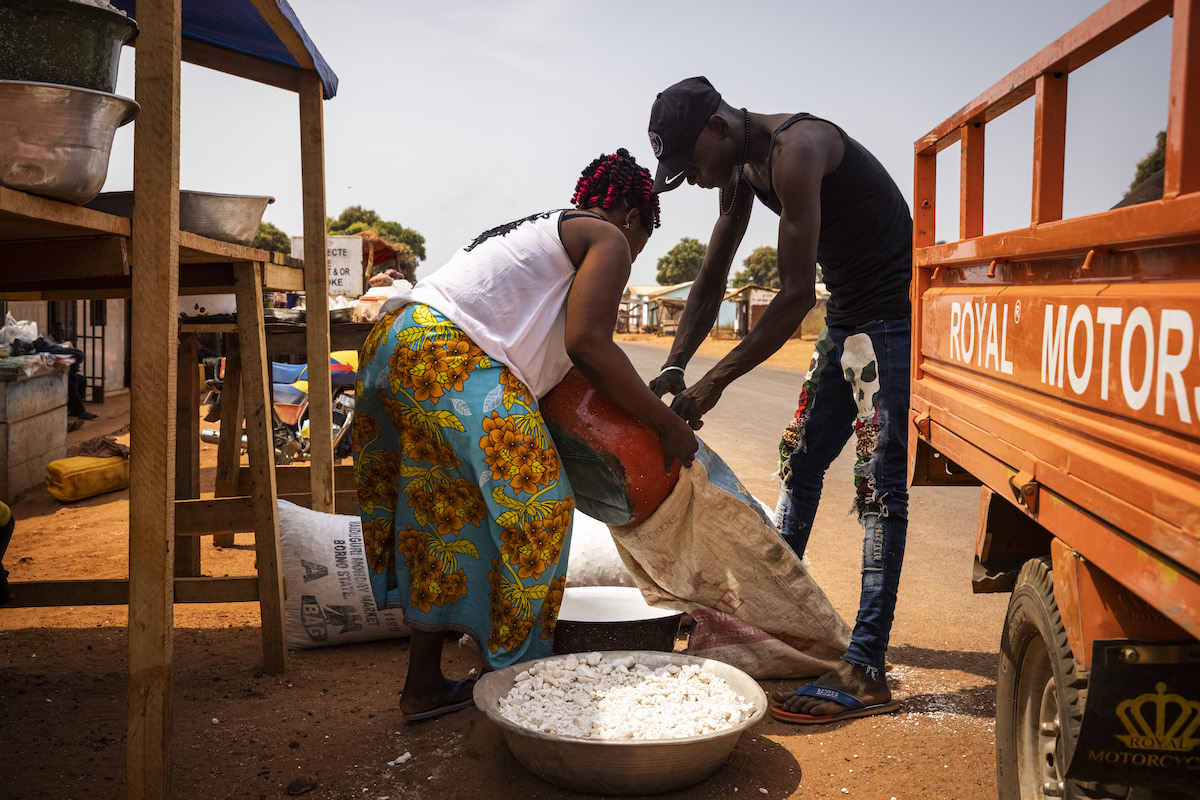
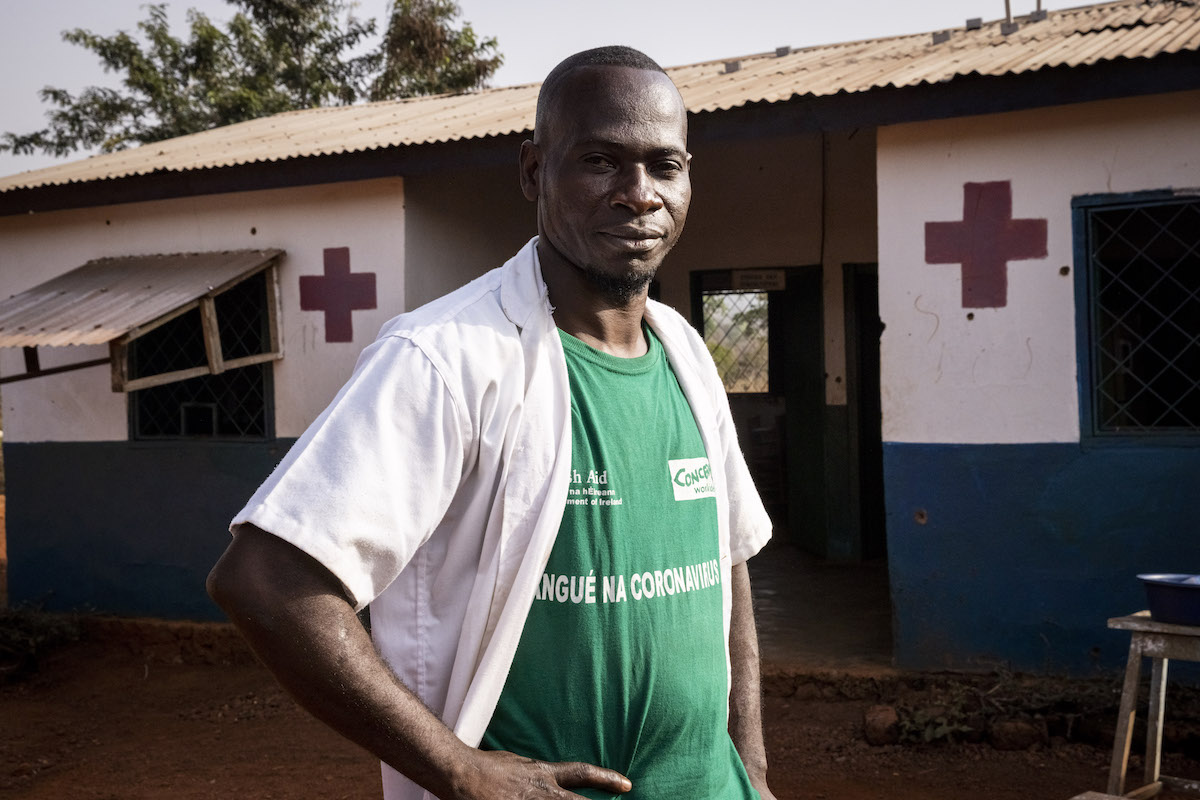
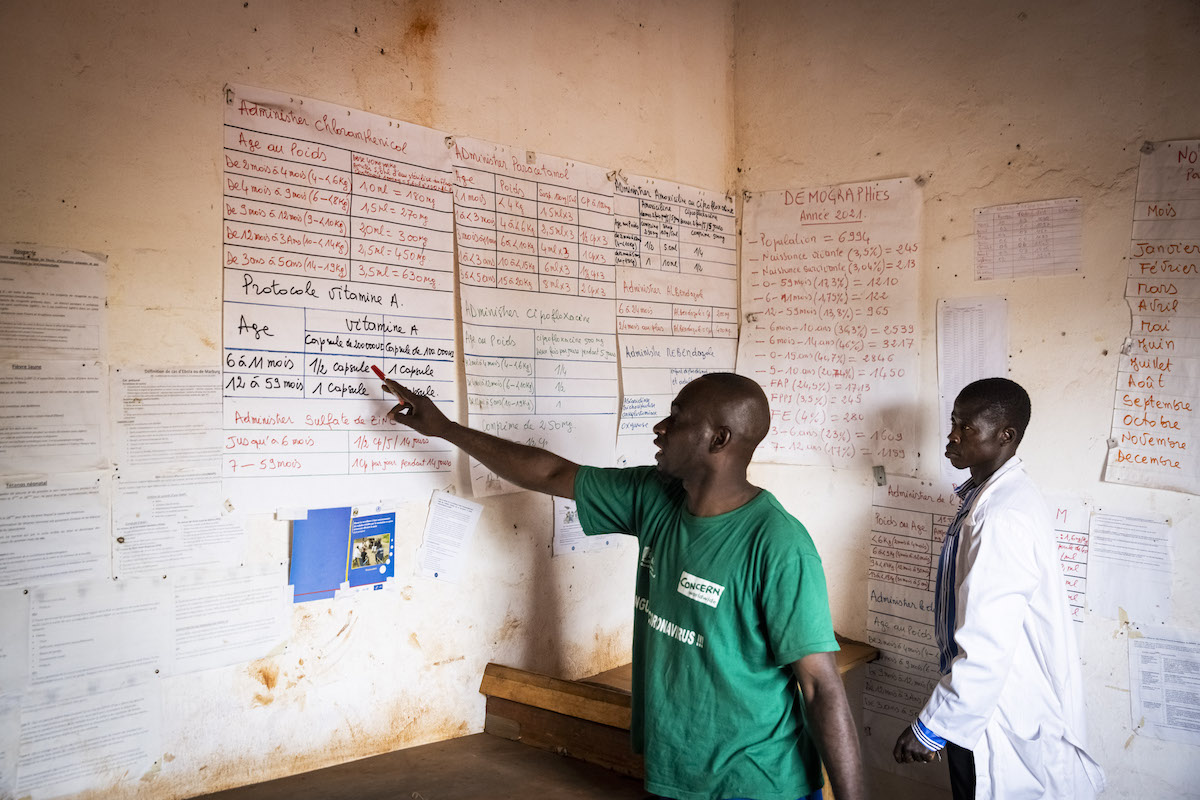
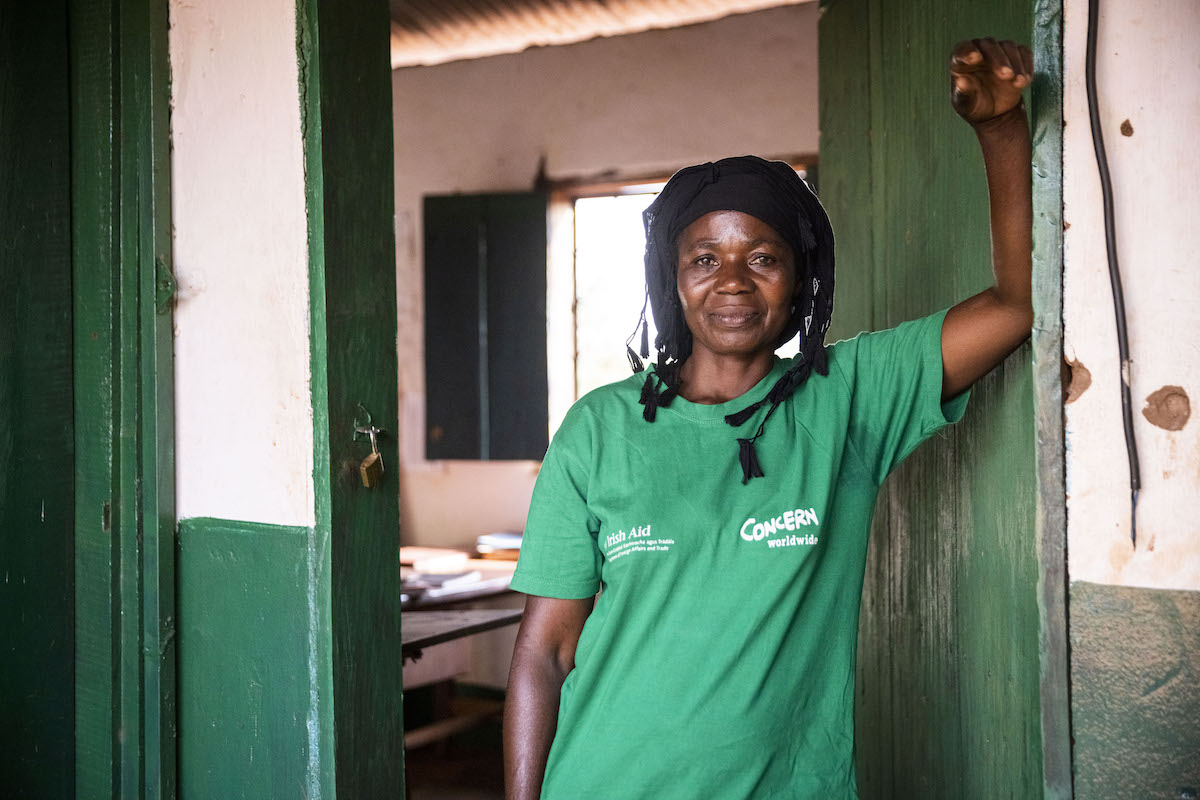
Our work in Central African Republic
We're working to alleviate suffering for conflict-affected communities in Central African Republic by building resilience against conflict and the climate crisis.

